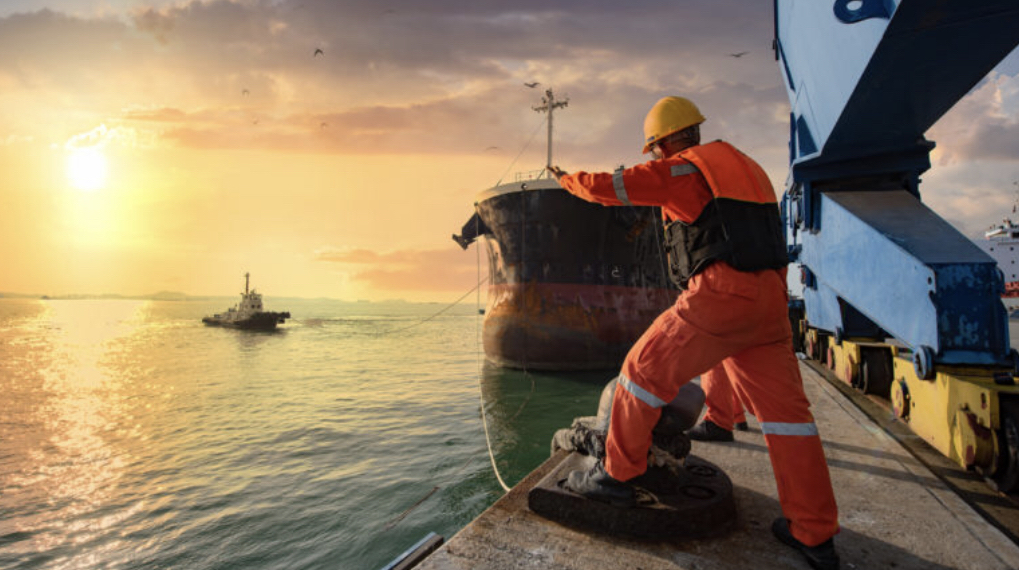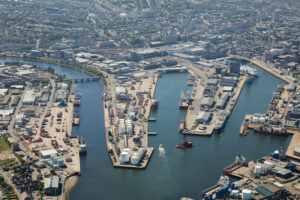UK passes bill to ensure seafarers receive fair pay

The UK Government has introduced new legislation to make sure seafarers get paid at least equivalent to the UK National Minimum Wage (NMWe). Until now, a loophole allowed seafarers who work on vessels that regularly serve UK ports to be paid below an equivalent to the UK National Minimum Wage simply because the vessel operates an international service.
Following P&O Ferries’ decision to dismiss 800 loyal and hardworking workers without consultation or notice, the Government began examining laws on seafarer pay protection and launched a consultation on the Seafarers’ Wages Bill in May 2022. The response, published alongside the introduction of the bill, shows that the overwhelming majority of respondents agreed that pay protection must remain at the forefront of the sector’s objectives.
The Government spoke extensively with industry on how it can shape new laws on seafarer pay protection, and has used the information and perspectives to shape the bill’s scope and compliance policies.
The Department for Transport says the bill now means that thousands of seafarers regularly entering the UK will receive fairer pay, putting the UK ahead of every EU state in its pay protections.
It also enables port authorities to deny access to services calling regularly at UK ports that do not pay their workers equivalent rate to the UK NMWe for time spent in UK waters, closing the legal loophole which was exploited by P&O Ferries.
“Britain’s rich maritime history and exciting future are thanks to the extraordinary men and women who work at sea,” says maritime minister Robert Courts. “Fair pay for seafarers is a must, and the new laws we’ve introduced in parliament today send a clear signal to operators that the UK will not let seafarers be priced out of their jobs by rogue bosses.”
Vessels and services that call on UK ports at least every 72 hours on average, or more than 120 times a year, will fall under these new pay requirements, and the ports, Maritime and Coastguard Agency, and the Department for Transport will all have a role in ensuring compliance.
“Just because someone works out at sea, it doesn’t mean they should be excluded from the protections UK workers receive,” labour markets minister, Paul Scully, says. “That’s why we’ve moved at pace to get this bill across the line, levelling the playing field and ensuring everyone working in UK territorial waters will benefit from the equivalence of the National Minimum Wage.
“We hope seafarers will soon see the difference in their pay packets, as we continue to protect and enhance the rights of all workers.”
As part of the Secretary of State’s seafarer protections nine-point plan, discussions with European neighbours on agreements to help improve seafarer welfare and protections, and the potential development of bilateral minimum wage corridors, are continuing.
“After P&O Ferries appalling disregard for their hardworking seafarers, many of whom had given many years of loyal service to the company, I am delighted to see Government taking steps to ensure fair pay and enhanced protections for seafarers regularly entering UK ports,” says CEO of The Seafarers’ Charity, Deborah Layde.
“The Seafarers’ Charity welcomes The Seafarers’ Wages Bill as an important step in recognising the substantial contribution seafarers make to our economy in what can be a very demanding job. At The Seafarers’ Charity we fully support efforts to ensure that all seafarers receive equivalent pay and protections as those working ashore.”










